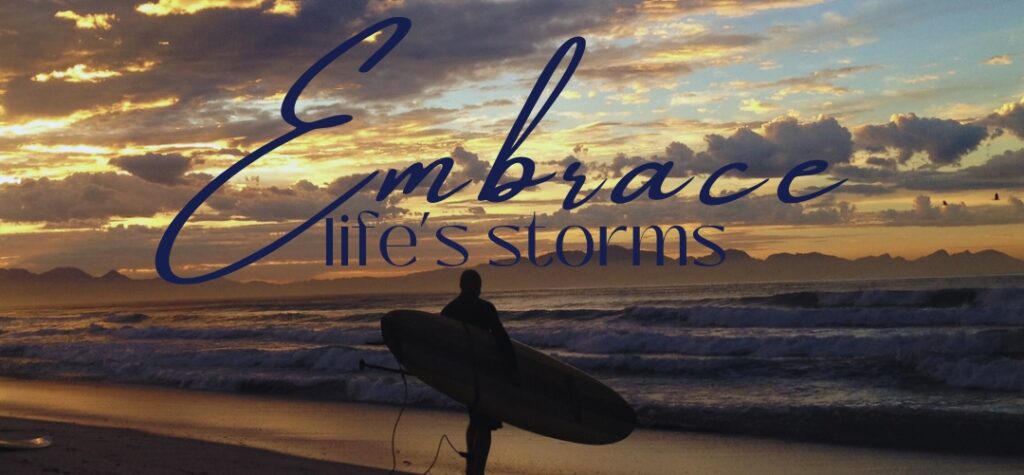On January 1, 2019, I had just returned to the U.S. I was 13 weeks pregnant and completely disoriented about what life was going to hold for me and my little one. Throughout the pregnancy, I carried with me an image in my mind of a mother and child blue whale I had seen off the coast of Cape Town. I was high in the hills looking down through the clear blue water. I could see the mother whale’s intentionally playful movements mixed with direction and teaching. I imagined their first deep dive together into the ocean’s depths.
In the days before my little one’s birth, I happened upon an image on Etsy (below) that hung above where we slept those first years, including the scripture verse, Isaiah 43:2:
“When you pass through the deep waters I will be with you…”
I didn’t know at the time that the verse from Isaiah would become synonymous not just with my style of parenting, but also with my relationship with God, my life’s work with clients, and my approach to healing.
For months after my return, I tried to hide from the pain.
I thought I could ignore the pain and suffering.
I thought I was better off just putting my head down and forging ahead.
I thought that what was on the other side would be too much for me to handle.
The grief expert, David Kessler, tells a story of his time researching buffalo. He had heard that they have an interesting approach to storms, so he decided to spend a season experiencing it for himself.
Sure enough, he was able to see it with his own eyes. When a group of buffalo see a storm approaching, they don’t stand still. They don’t busy themselves with something else. They also don’t run away. They, instead, run straight into the storm.
During his research, he discovered that the reason for this is because it limits the time they will spend inside the storm.
I think about this quote: “What we resist persists.”
Avoidance mentality is deeply embedded in the collective mind of our culture. We are so afraid of what’s to come that instead of facing it head-on or going straight into the storm, we try to flee. We try to reach safety by putting distance between what scares us and what we perceive as comfortable.
There are three questions that unravel this:
1. Is standing still in your grief the fastest way through it?
2. Is avoidance of your grief the safest option?
3. Is failing to act actually succeeding in a time of grief?
The truth about grief and times of deep loss is that they can make you completely miserable. When we stand still in our grief, we are usually scared stiff. It’s usually the most unsafe place to be. We don’t know what we are going to do or feel next. And surprisingly, true safety is in the movement heading into the storm. It is in the courage to face the grief—head on.
What is standing in the way of you running into the storm of your grief? What symptoms of grief and loss are you experiencing right now? What are you afraid of?

